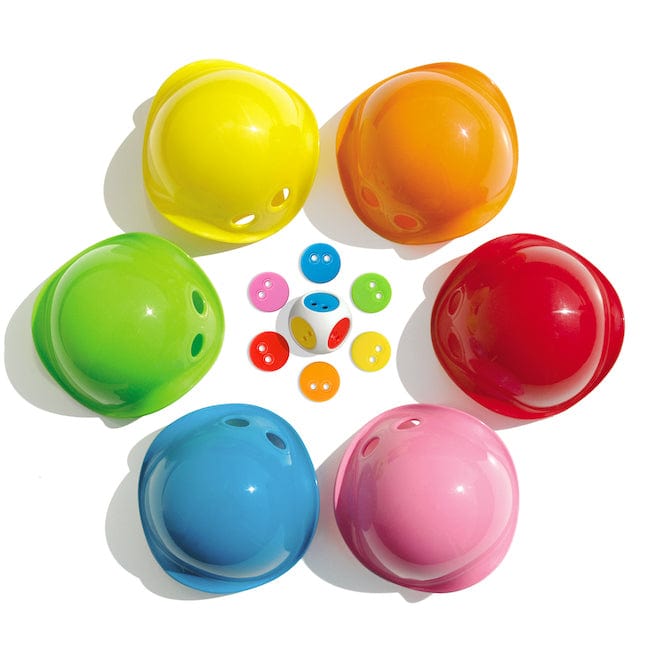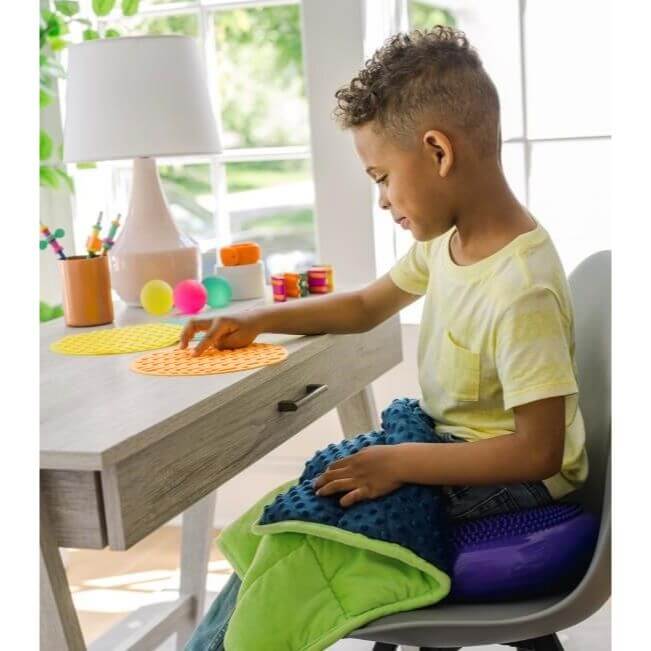Aids for Daily Living
21 products
21 products
For many people, everyday activities, such as eating, bathing, and dressing, are so routine that we don’t even think about them. But for others, such as those with disabilities or special needs, these activities can be a real challenge.
Sensory Assist offers a wide range of aids for daily living that can help make everyday life easier for everyone. Our aids for daily living are designed to help you perform everyday tasks efficiently while maintaining your independence.
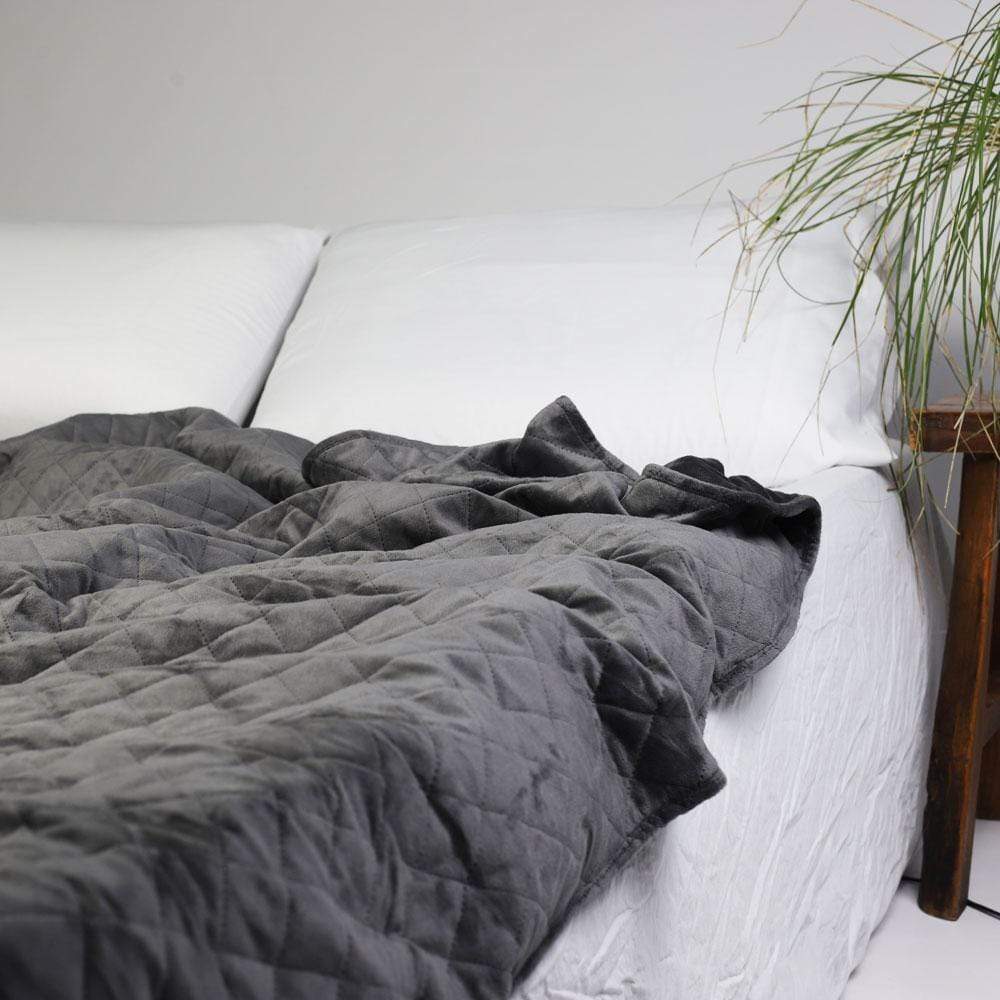
Aids for daily living are devices that help people with disabilities or special needs to perform activities of daily living (ADLs), such as eating, bathing, dressing, and going to the bathroom.
These devices can be simple, like a toothbrush holder that helps someone with limited dexterity to brush their teeth, or more complex, like an adaptive computer keyboard that allows someone with limited mobility to type.
There are many different types of aids for daily living, and the best one for you will depend on your specific needs. Some common aids for daily living include:
Aids for daily living prove to be most beneficial for:
As we age, we often lose some of our strength, dexterity, and mobility. This can make everyday tasks, such as bathing and dressing, more complex. Aids for daily living can help make these tasks easier for the elderly while also helping to prevent falls and other accidents.
An elderly individual with difficulty getting in and out of the bathtub may benefit from a bath transfer bench, which allows them to safely enter and exit the tub without lifting their legs over the side.
People with special needs, such as cerebral palsy, Down Syndrome, and autism, often struggle with everyday tasks. Aids for daily living can help make these tasks easier and allow people with special needs to live more independently.
People with cerebral palsy may benefit from adaptive eating utensils that help them eat independently. And people with autism may benefit from elastic shoelaces that help them tie their shoes without having to tie knots.
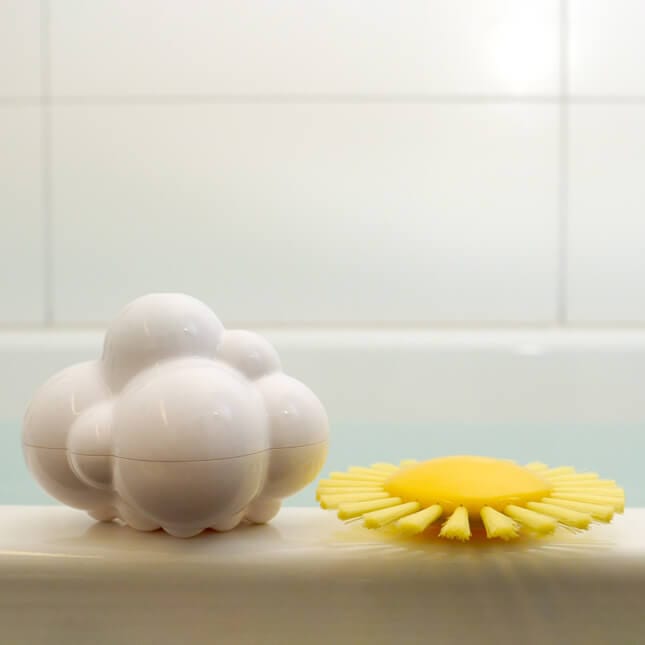
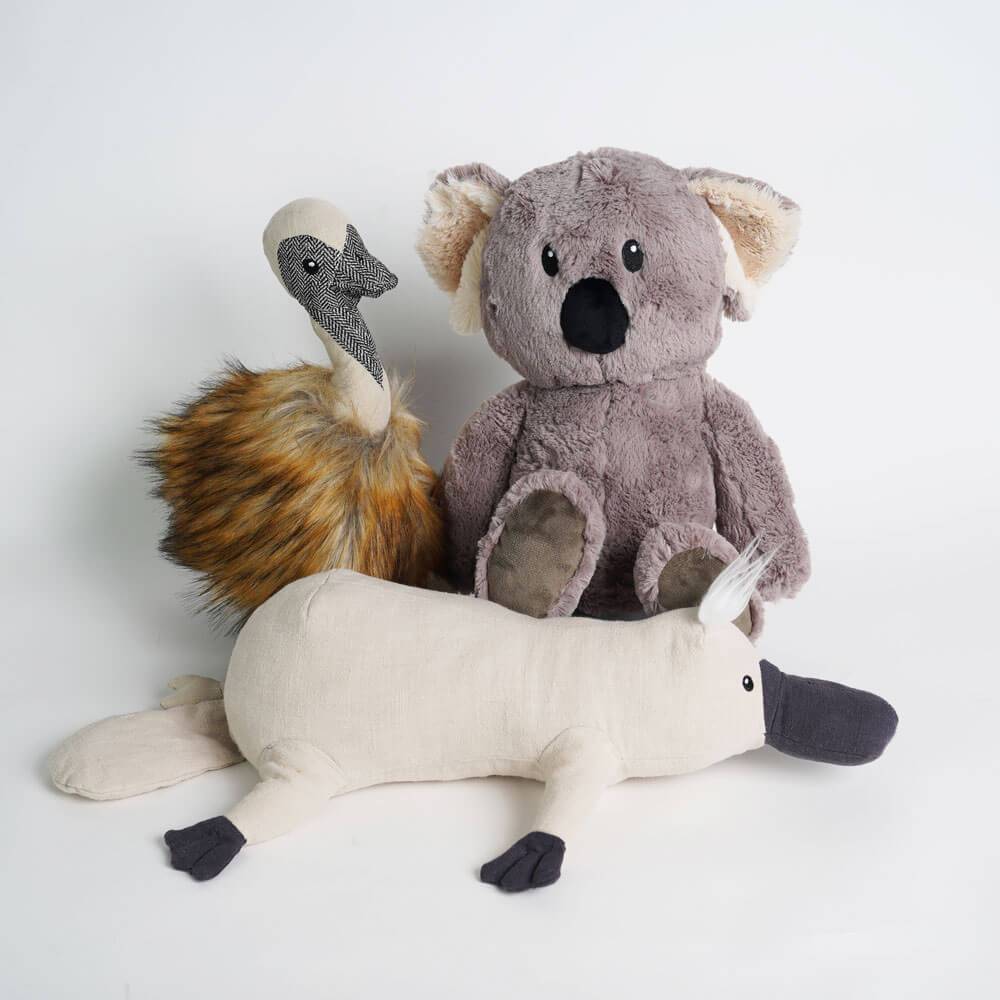
Aids for daily living can also be used by disabled individuals, such as those in wheelchairs or with prosthetic limbs. These devices can help disabled individuals easily perform everyday tasks and maintain their independence.
An individual who uses a wheelchair may benefit from a grab bar that helps them get in and out of the shower. Individuals with a prosthetic limb may benefit from an adaptive computer keyboard that allows them to type without using their hands.
Aids for daily living are also beneficial for developing children. These devices can help growing children learn new skills and perform everyday tasks independently.
A child who is learning to dress may benefit from velcro shoe fasteners that help them put their shoes on when they don’t have the dexterity to tie laces yet. A child who is potty training may benefit from a toilet seat riser that makes it easier for them to use the toilet independently.
While recuperating from an injury or surgery, many people find it difficult to perform everyday tasks. Aids for daily living can help make these tasks easier and allow people to recover more quickly.
A grabbing device, such as a reacher, can help an individual recovering from knee surgery pick things up off the floor without bending down. A shower seat can help an individual recovering from a leg injury take a shower without standing for long periods.
In addition to the people who will benefit from using aids for daily living, caregivers and other medical professionals can also find these devices helpful.
Aids for daily living can help caregivers, and medical professionals assist their patients with everyday tasks. They can use these devices to help rehabilitate their patients and promote independence. These devices can make it easier for them to provide assistance and make life easier for their patients.
A caregiver can use a transfer board to help their patient get in and out of a bathtub. They can also use an adaptive eating utensil to help their patient eat independently. They can also use a button hook or a zipper pull to help their patient dress independently.
